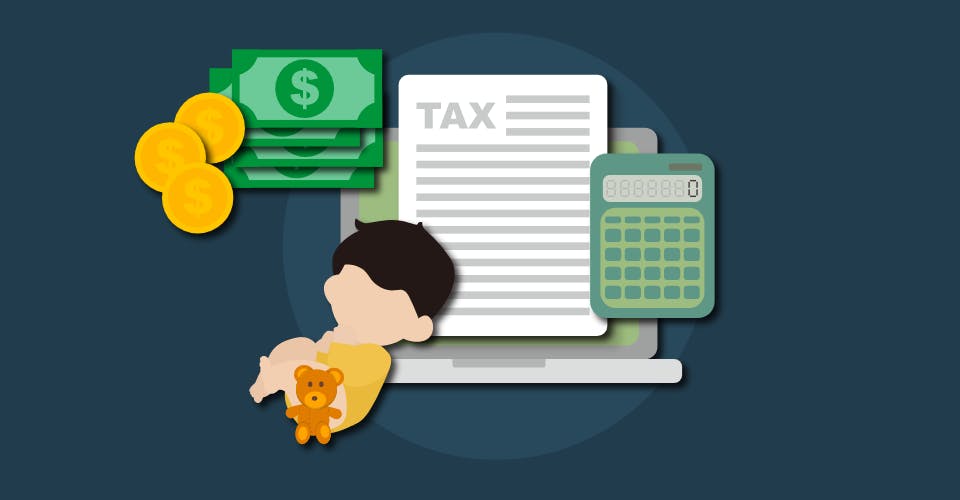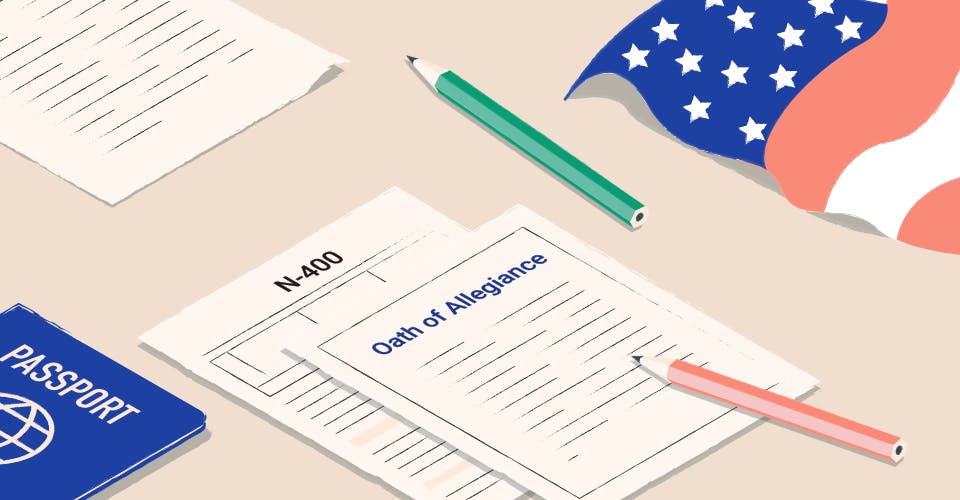Oftentimes immigrants bring with them kids to the United States or end up in a marriage where one partner has a child. The appeal, besides wanting to start a family, of having a child in the United States is that by law the child becomes a U.S. citizen immediately when they are born in the country. However, this does not necessarily mean parents have been naturalized. Many are still on their way in the naturalization process—dealing with attorneys to help them with their cases, and experiencing wait times due to the processing time of the USCIS.
In the three to five year period before an immigrant is naturalized and receives their U.S. Passport, there are many rules that one has to follow in order to maintain “good moral character” and ensure that the family they have created will stay a family; there won’t be any family member who suddenly has to travel back to their country of origin or any complication that disrupts the family structure.
However, while it is not very common for naturalization applications to be denied, it does happen. According to the USCIS, in the final quarter of the fiscal year 2019, a total of 230,340 applications for naturalization were received, up almost 20,000 from the previous quarter. The total number of naturalized citizens in the entire fiscal year stood at 834,000, which was the highest total in the past 11 years. However, even with such success rates, the number of denials still held steady at 25,867. This represents about 3 percent of applications in total that were denied, but is still a fairly big cohort.
Some of the main reasons that applicants are denied, as alluded to above, is that individuals end up having children in the U.S., but through unfortunate circumstances, are unable to pay child support, which the an immigration official figures out through their lengthy. The other major issue that is a case and point for denial is a failure to pay taxes. The USCIS takes tax evasion very seriously. In America as well as many other countries, tax evasion is a crime.
Section 7201 of the Internal Revenue Service (IRS) code reads, “Any person who willfully attempts in any manner to evade or defeat any tax imposed by this title or the payment thereof shall, in addition to other penalties provided by law, be guilty of a felony”.
The Informal Sector and Taxes
The question is how do some individuals wind up in a situation where they have been found guilty of tax fraud or not paying child support? The answer is somewhat complicated and in many respects a systemic issue that affects immigrants who are simply trying to make ends meet and are unable to pay obligatory measures, or are penalized for their track record of paying their taxes because they have purposefully missed tax payments to support their families. The issues often run hand in hand.
For example, immigrants who do not speak perfect English or do not hold advanced degrees often open small businesses in the U.S. Taking traditional skills that have been passed down for generations in their families, immigrants thrive in the small business scene in many U.S. cities. But when operating a small business in cash, owners often forgo declaring their cash revenue, and in turn, avoid paying taxes that would be declarable with credit card payments. This is just one instance where USCIS officials could clamp down on immigrants and their applications if they find omissions in tax payments on an annual basis.
Child Support Omissions
In a similar vein, immigrants who are trying to make ends meet might also have trouble making child support monthly payments. This is not because some individuals have bad intentions for their children, but rather because rent payments are high and the cost of living is high in many U.S. cities. Parents may also find that orders become unaffordable as their incomes change, as they often do for low-wage workers, or when they become unemployed. In California, 40 percent of child support payments are for a debt owed to the government.
With respect to the naturalization process, child support can present problems for applicants who have accrued debt over the year. One such solution to this problem is for individuals to see if they are eligible for the Compromise of Arrears Program (COAP). In this program, if you qualify, you will be able to offer a “compromise” repayment to the state. In other words, you may offer to reduce the debt by paying an amount that is less than the full amount you owe. Any reduction in your arrears and interest owed will be based on your income and assets. This may straighten out any controversies with immigration officials who may see such a case in a new light.














